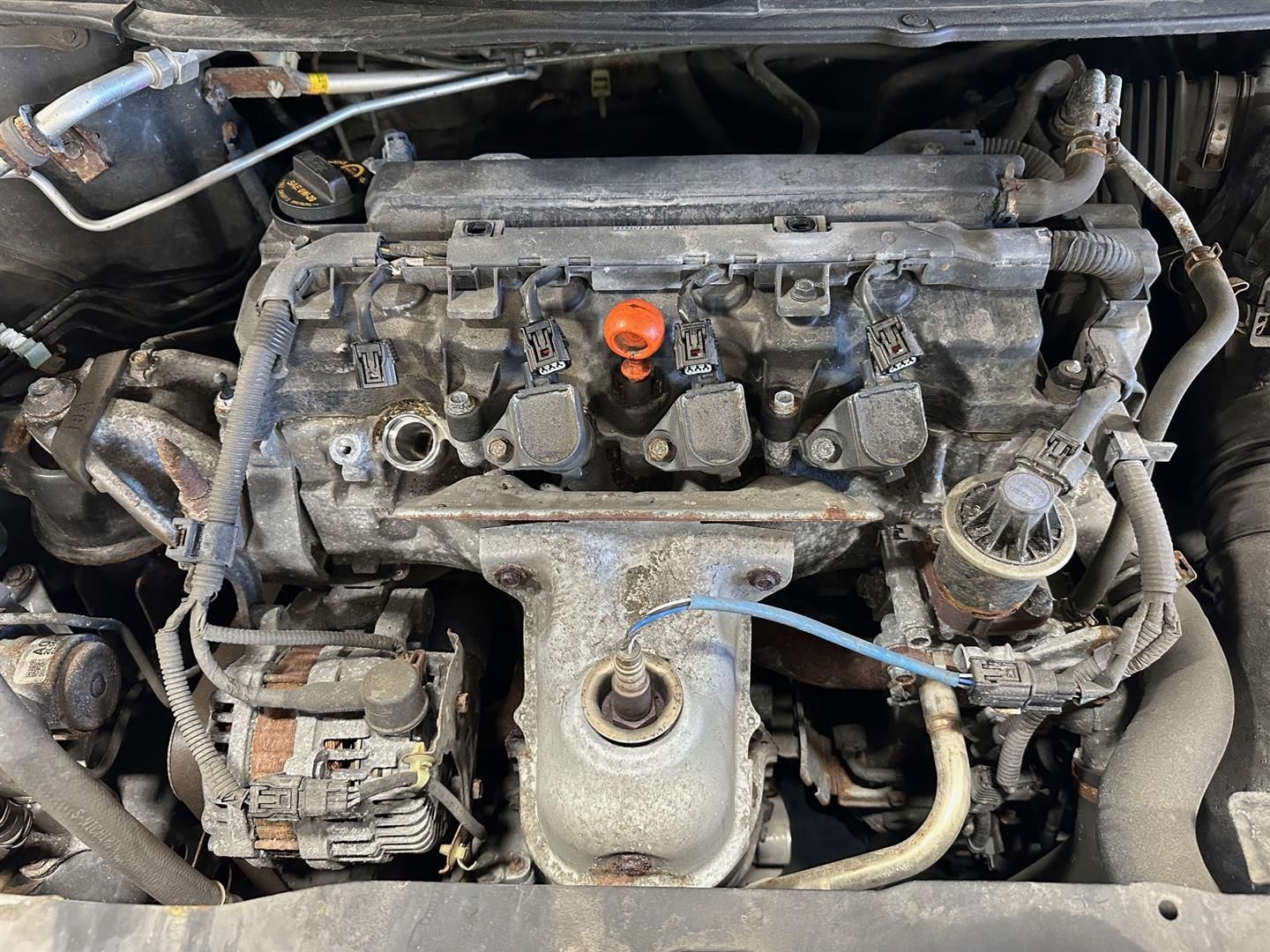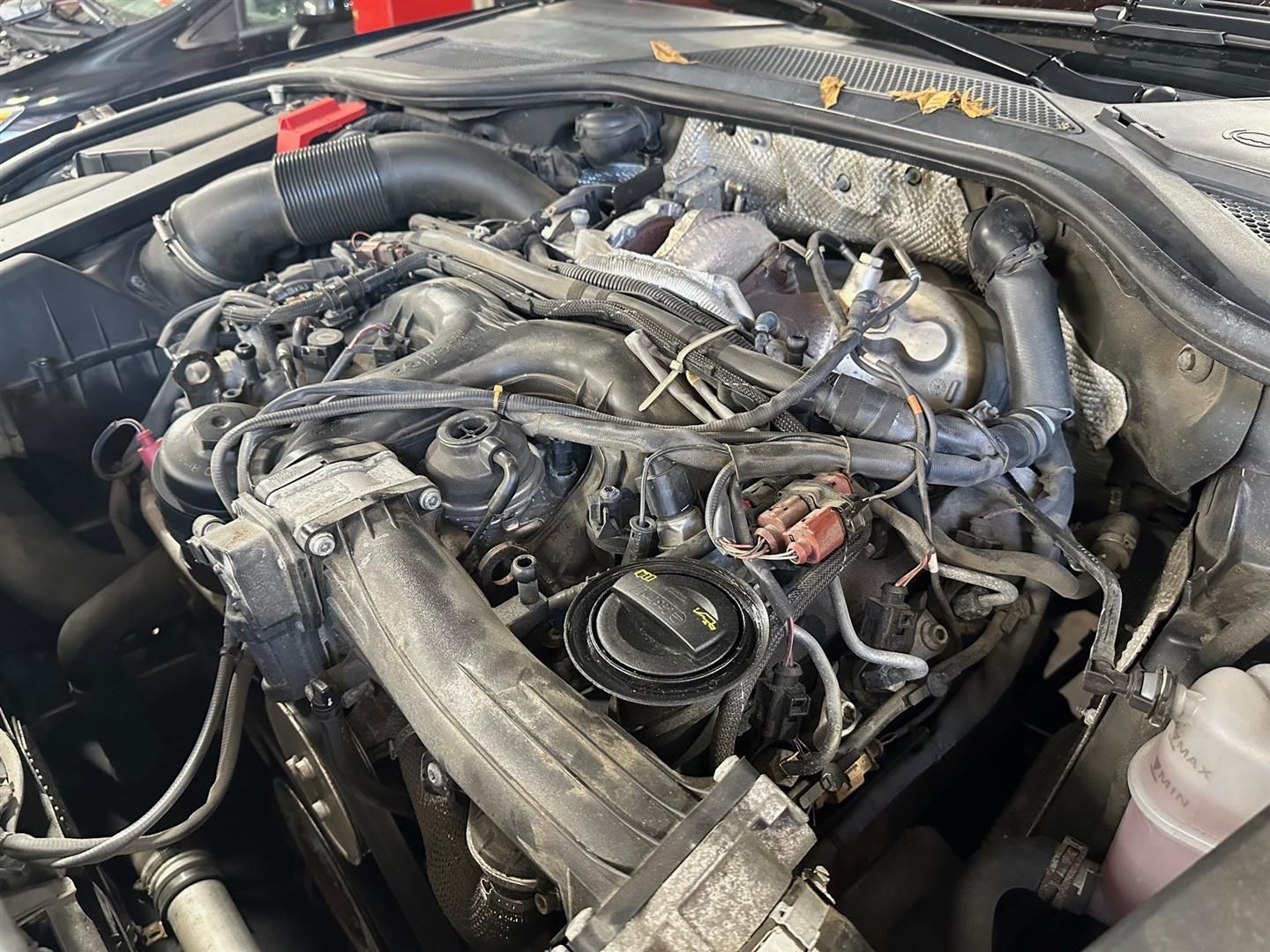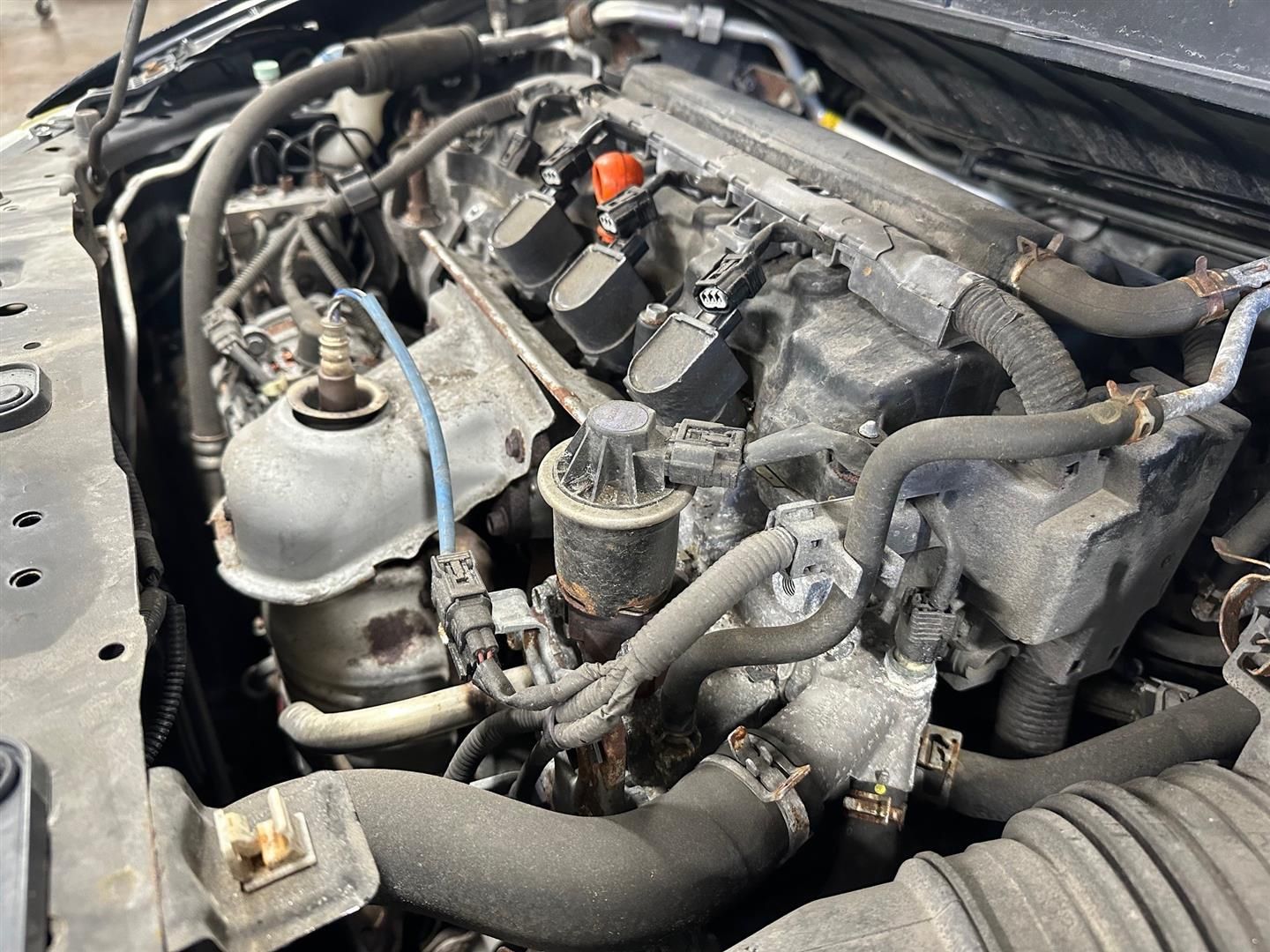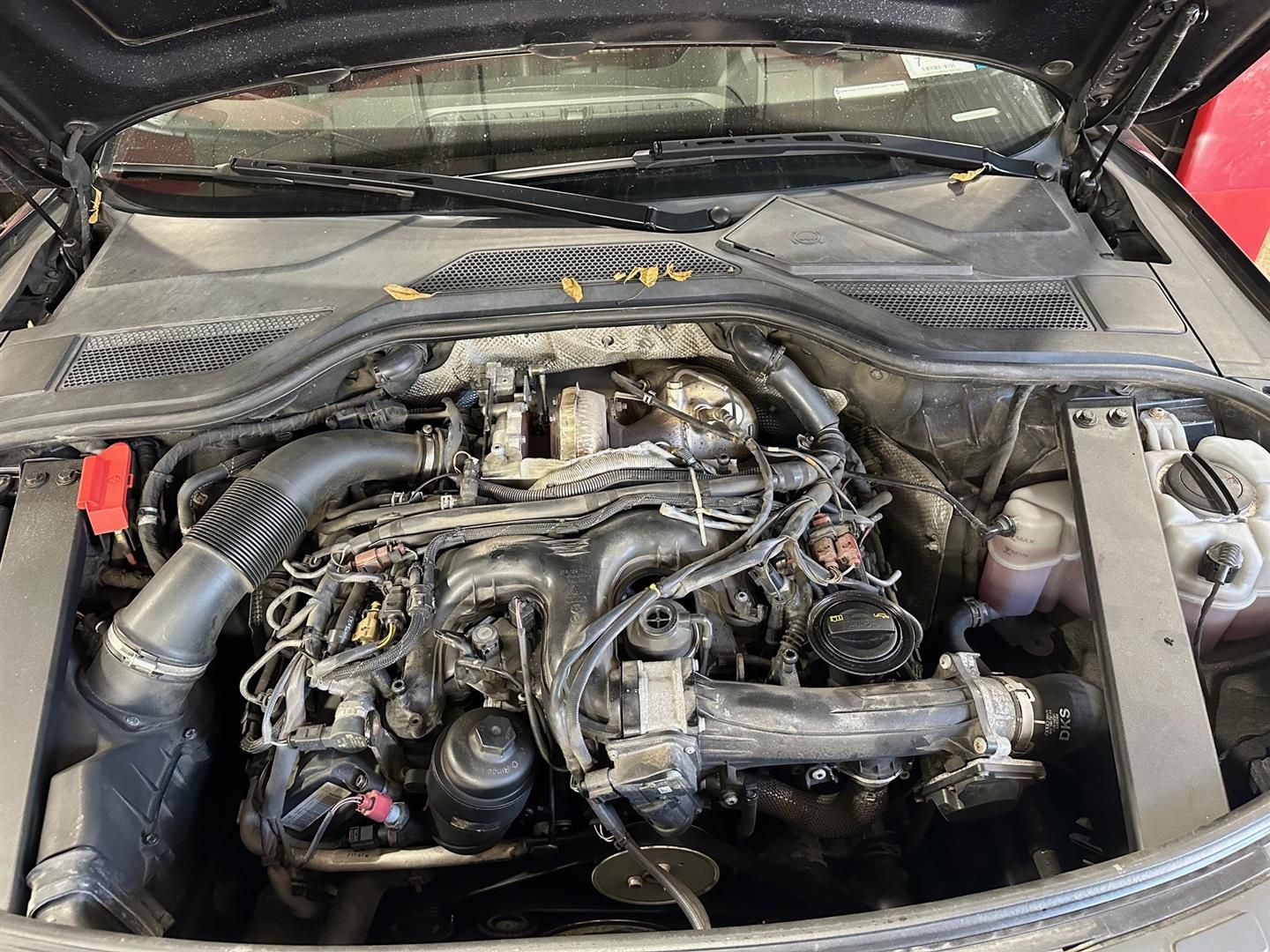
When you’re looking for a vehicle or researching engine types, you might ask yourself, "What’s the difference between gasoline and diesel engines?" Both gasoline and diesel engines power vehicles, but they work in very different ways. Let’s break down the key differences to help you decide which is better for your needs, especially when it comes to fuel efficiency, maintenance, and performance.

1. Fuel Type
The first major difference is the type of fuel they use.
- Gasoline engines run on gasoline, which is a lighter fuel that ignites at a lower temperature.
- Diesel engines use diesel fuel, which is denser, contains more energy per gallon, and ignites through compression rather than a spark.
2. Ignition Process
The way each engine ignites the fuel is different.
- Gasoline engines use spark plugs to ignite the air-fuel mixture. The mixture is compressed and then ignited by a small electrical spark.
- Diesel engines don’t need spark plugs. Instead, they rely on compression ignition. The air is compressed until it’s hot enough to ignite the fuel that’s injected into the cylinder.
3. Fuel Efficiency
Fuel efficiency is a big factor in choosing between gasoline and diesel engines.
- Diesel engines are more fuel-efficient because diesel fuel contains more energy and burns slower, making it ideal for long-distance driving and heavy loads.
- Gasoline engines are less efficient but are usually smoother and quieter, making them a better choice for light vehicles and everyday use.

4. Power and Torque
Power and torque are important when thinking about performance.
- Gasoline engines generally produce more horsepower, which is great for quick acceleration and high speeds.
- Diesel engines produce more torque, which is the pulling power needed for towing or hauling heavy loads. This makes diesel engines popular in trucks, buses, and other heavy-duty vehicles.
5. Maintenance and Longevity
Both engines have different maintenance needs and lifespans.
- Diesel engines are built to last longer but often come with higher maintenance costs. They may need specialized care for things like fuel injectors and turbochargers.
- Gasoline engines are cheaper to maintain, but they tend to wear out faster, especially since they operate at higher RPMs (revolutions per minute).

Both gasoline and diesel engines have their pros and cons. Gasoline engines are lightweight, smoother, and ideal for everyday driving, while diesel engines offer superior fuel efficiency, torque, and longevity—making them great for heavy-duty use. Understanding these differences can help you make the best choice for your vehicle, whether you prioritize fuel efficiency, maintenance , or performance.
Have more questions about engines? We can help! Lou's Car Care & Fleet Services has been proudly serving Baldwinsville , NY, and surrounding communities since 1976. Call us or schedule your next appointment online today!
Let's Connect! Click on the links below to stay in touch with the Lou's Car Care Community:








